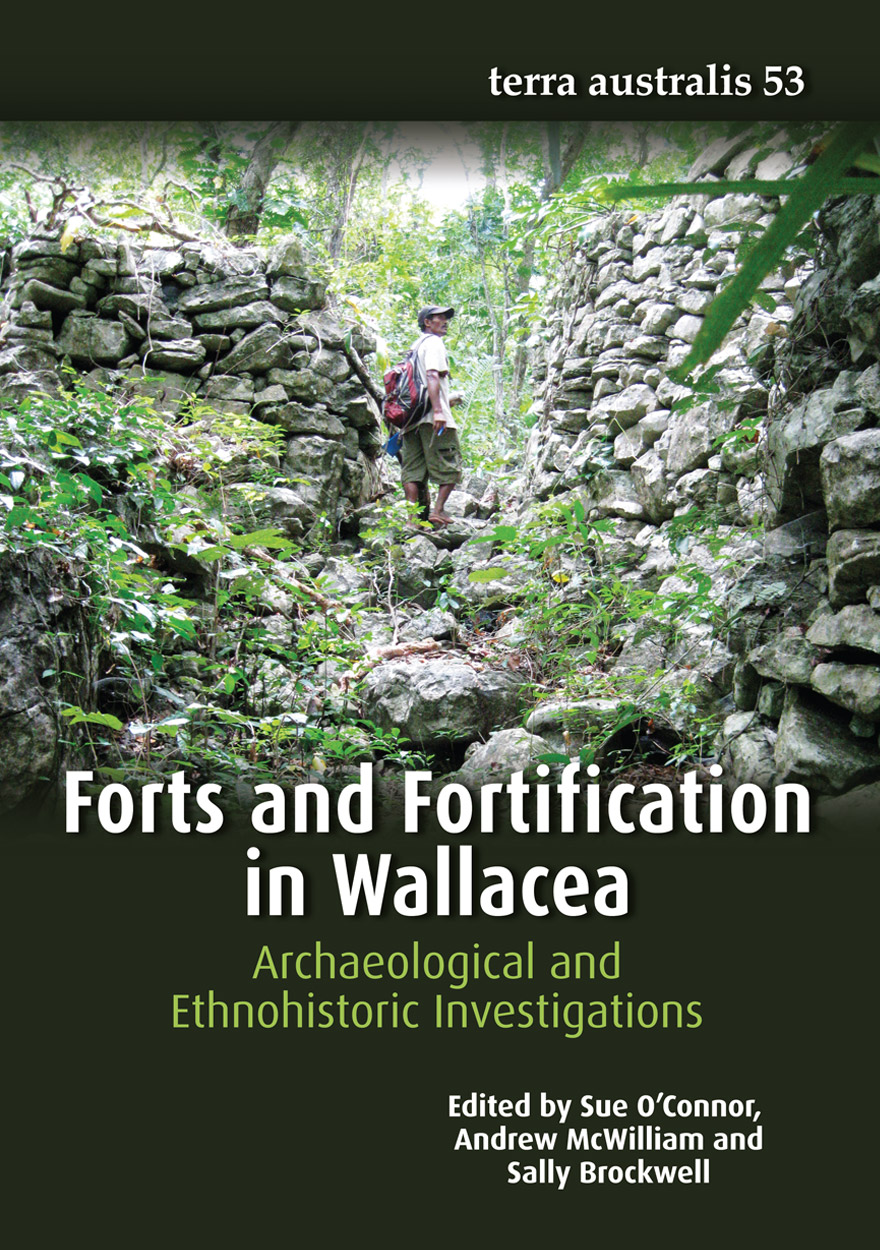Archaeological and Ethnohistoric Investigations
Publication date: September 2020
‘This volume presents ground-breaking research on fortified sites in three parts of Wallacea by a highly regarded group of scholars from Australia, Europe, Southeast Asia and the United States. In addition to surveying and dating defensive sites in often remote and difficult terrain, the chapters provide an important and scholarly set of archaeological and ethnohistoric studies that investigate the origin of forts in Wallacea. Socio-political instability from climate events, the materialisation of indigenous belief systems, and the substantial impact of imperial expansion and European colonialism are examined and comprise a significant addition to our knowledge of conflict and warfare in an under-studied part of the Indo-Pacific. The archaeological record for past conflict is frequently ambiguous and the contribution of warfare to social development is mired in debate and paradox. Authors demonstrate that forts and other defensive constructions are costly and complicated structures that, while designed and built to protect a community from a threat of imminent violence, had (and have) complicated life histories as a result of their architectural permanence, strategic locations and traditional cultural and political significance. Understanding why conflict outbreaks – like human colonisation – often appear in the past as a punctuated event can best be approached through long-term records of conflict and violence involving archaeology and allied historical disciplines, as has been successfully done here. The volume is essential reading for archaeologists, cultural heritage managers and those with an interest in conflict studies.’
— Professor Geoffrey Clark, College of Asia and the Pacific, The Australian National University, Canberra.






